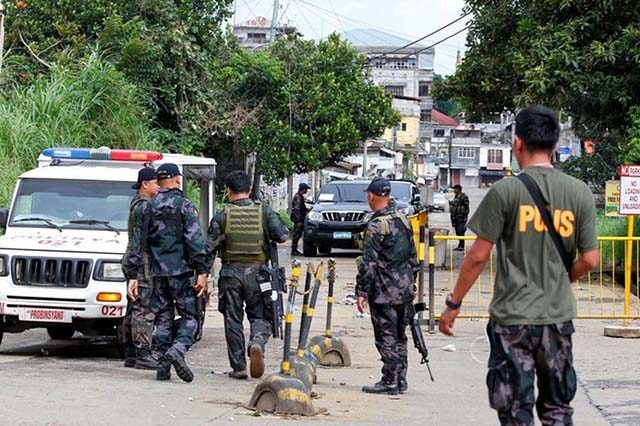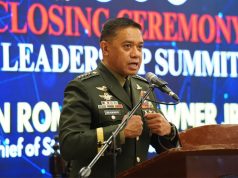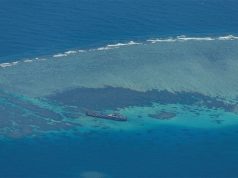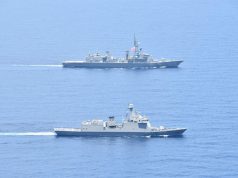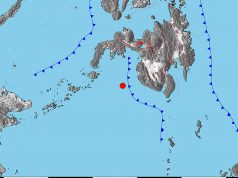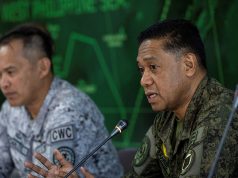Those opposing the extension of martial law in the island of Mindanao continue to question the necessity of another year-long extension of martial rule in the region, claiming their concerns have not been properly addressed.
Existence of rebellion, uprising
Some opposition lawmakers at the joint congressional session on Wednesday, December 12 questioned why President Rodrigo Duterte was still requesting for an extension when the Marawi Siege of 2017, the basis for his declaration, had already ended.
Rep. Edcel Lagman (Albay) said that an extension would no longer be legal as the actual threat had ended. Minority Floor Leader Sen. Franklin Drilon, meanwhile, said that the president’s request did not prove the existence of an actual rebellion or uprising that would justify continued martial rule.
Outgoing Armed Forces chief Carlito Galvez previously said that he recommended the extension to Duterte as there was popular clamor due to remaining terrorist presence in the region.
Konsyensya Dabaw, a rights-group based in Davao City, one of the economic centers in Mindanao, recently questioned the necessity of extending martial law when insurgency in the region had weakened significantly. In a post, it argued that the NPA’s weakened forces, based on the AFP’s own statistics, suggested that martial law was no longer necessary to curb communist insurgency in the region.
“If the NPA has been significantly weakened in Mindanao, what need is there for an extension? On the other hand, if most of those who surrendered under questionable circumstances are civilians, who is it that truly benefits from the protection supposedly afforded by martial law?,” the group wrote.
Economic benefits of martial law in the region
The economic impact of martial law in the Mindanao region was also raised during the joint session. Sen. Chiz Escudero questioned if improved economy in the region should be attributed to martial law.
“Mindanao achieved economic growth, Mindanao achieved unprecedented maintenance of peace and order in the area and it can do so even without martial law. Why can’t Mindanao achieve the same progess as Visayas and Luzon without the need for martial law?,” the veteran lawmaker said on Wednesday.
Some questioned the lack of accessible data on the economic impact of the martial law declaration.
they claim that martial law has helped the region in economic progress but they have no data to support it. mas payapa na daw sa mindanao. iba ang pilit at marahas na pananahimik sa totoong kapayapaan.
THE GOV’T SHOULD SERVE FOR THE BENEFIT OF ITS PEOPLE, KAMUSTA NA PILIPINAS? https://t.co/zQf5gVt6zN
— gabriela
(@ellaaquinoo) December 12, 2018
The Armed Forces of the Philippines recently said that they have been unable to verify data on economic growth in the region for 2018 after the president’s letter to Congress requesting to extend martial law said that it contributed “substantial economic gains in Mindanao.”
Lt. Gen. Benjamin Madrigal, the new military chief, said that data on economic growth in Mindanao for the year 2018 will only be available by April 2019.
While data on the economic impact of martial law’s extension for 2018 are immediately accessible, some of the country’s economic managers claimed that the declaration had no adverse effect on economic activity in the region during the early phase of the declaration.
National Economic and Development Authority Direction General Ernesto Pernia in December 2017 after the first extension of martial law was announced said that the effects of the initial declaration of martial law in the region were “neutral.”
NEDA Undersecretary Rosemarie Edillion meanwhile said that there was a decline in inflation in 2017 coupled with improved investment indicators.
Peaceful elections under martial law
Sen. Risa Hontiveros at the joint session expressed concerns about the effect the extension could have on the May 2019 polls.
“Because in addition to fears already expressed — fears that have not been allayed by a government that continues to run roughshod on human rights and civil liberties — I am afraid of what martial law might mean for the democratic right to vote,” she wrote in her explanation of her “no” vote on Wednesday.
Like in the past extensions, I find no cogent rationale for martial law that our existing legislation & the capacity of our military & police forces cannot address.
I VOTE NO. pic.twitter.com/J6JwJD3MZV
— risa hontiveros (@risahontiveros) December 12, 2018
Concerns about elections were already previously raised by some critics of martial law in Mindanao. Former solicitor general Florin Hilbay in January 2018 raised the possibility of elections being suspended and manipulated during the Supreme Court hearing on the first extension.
Voter harassment and other cases of election-related violence are known to be prevalent in the Mindanao region, particularly the Autonomous Region in Muslim Mindanao.
Defense Secretary Delfin Lorenzana assured the lawmakers that the military would maintain peace in the region during the polls.

